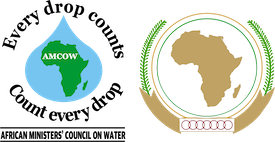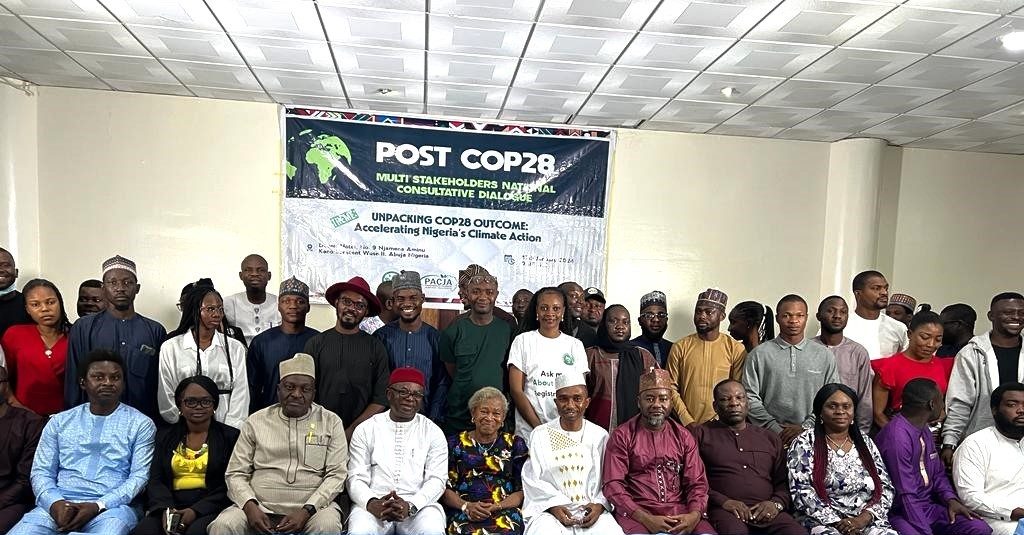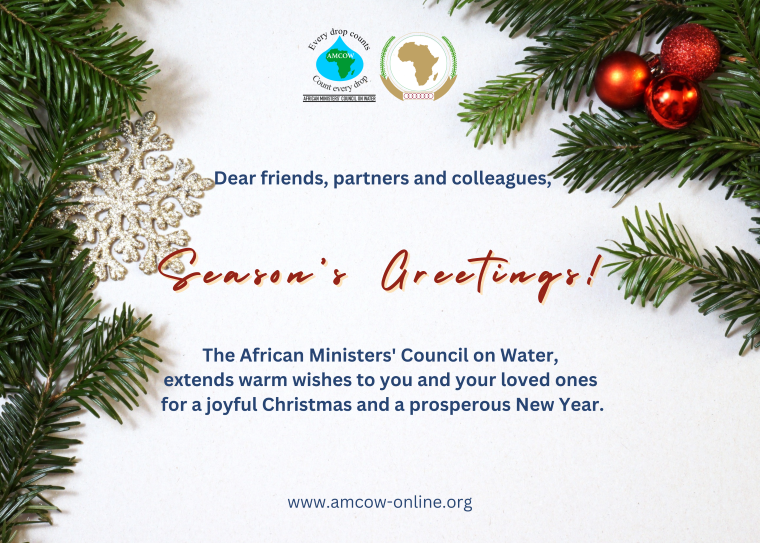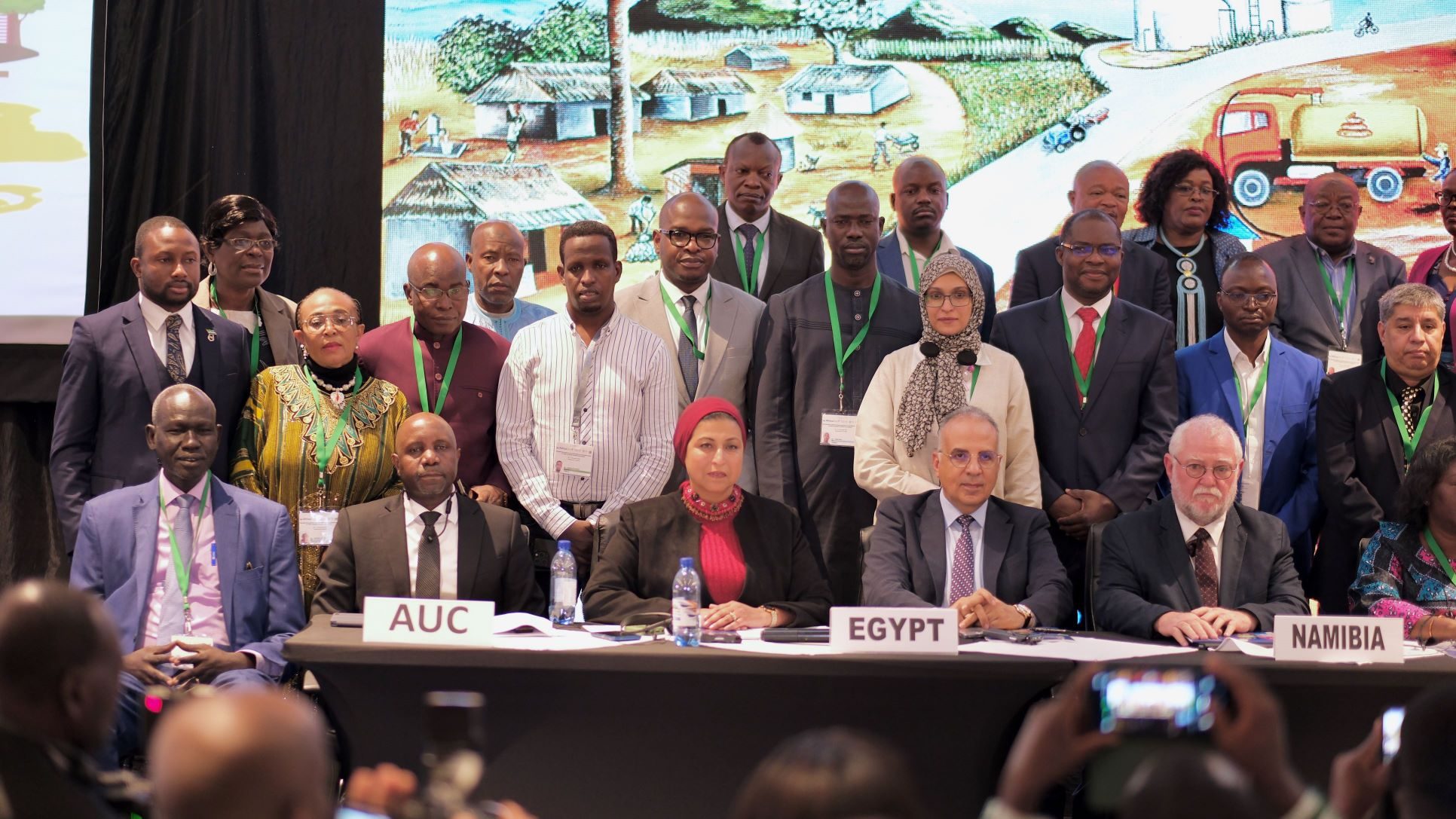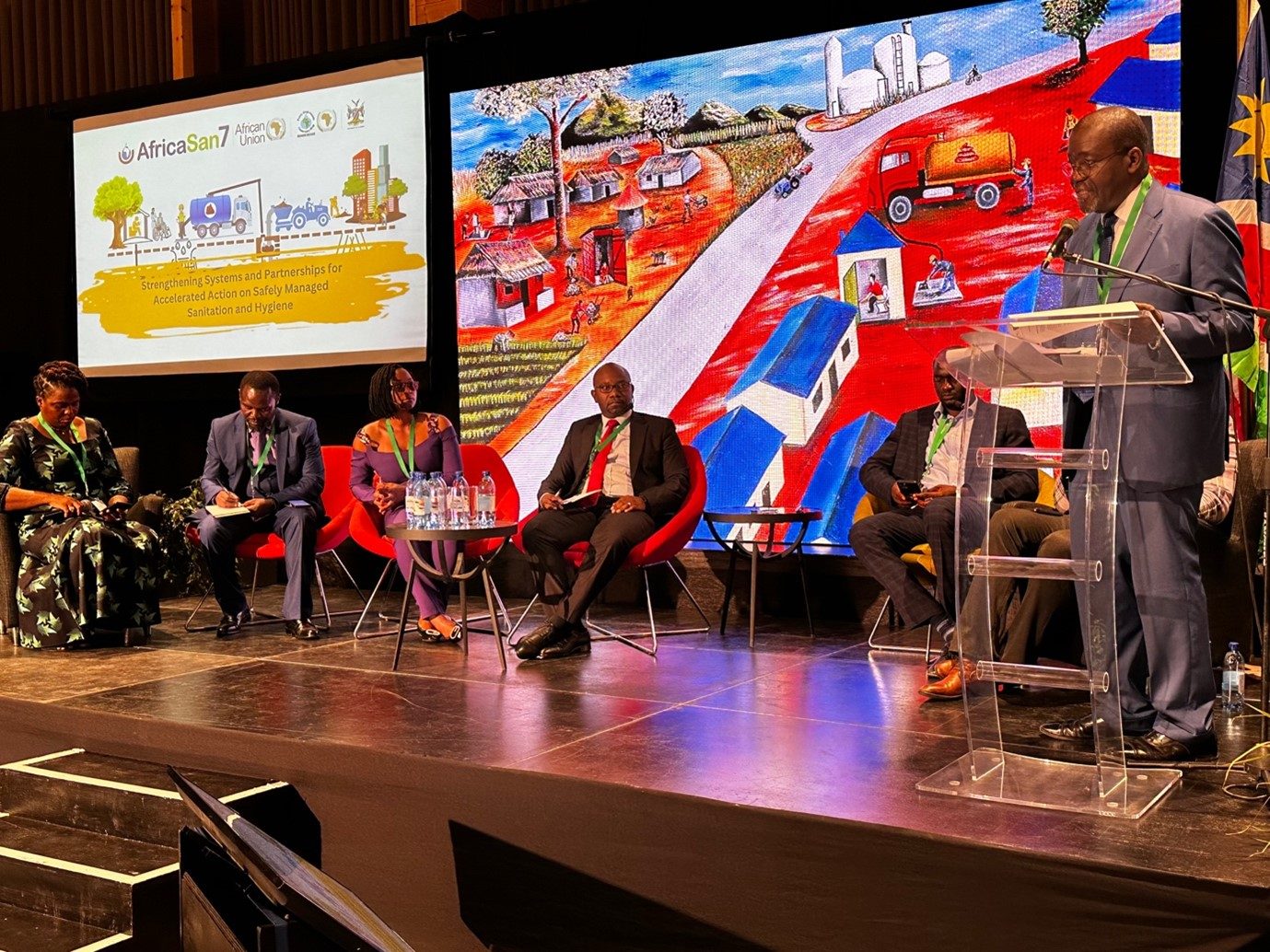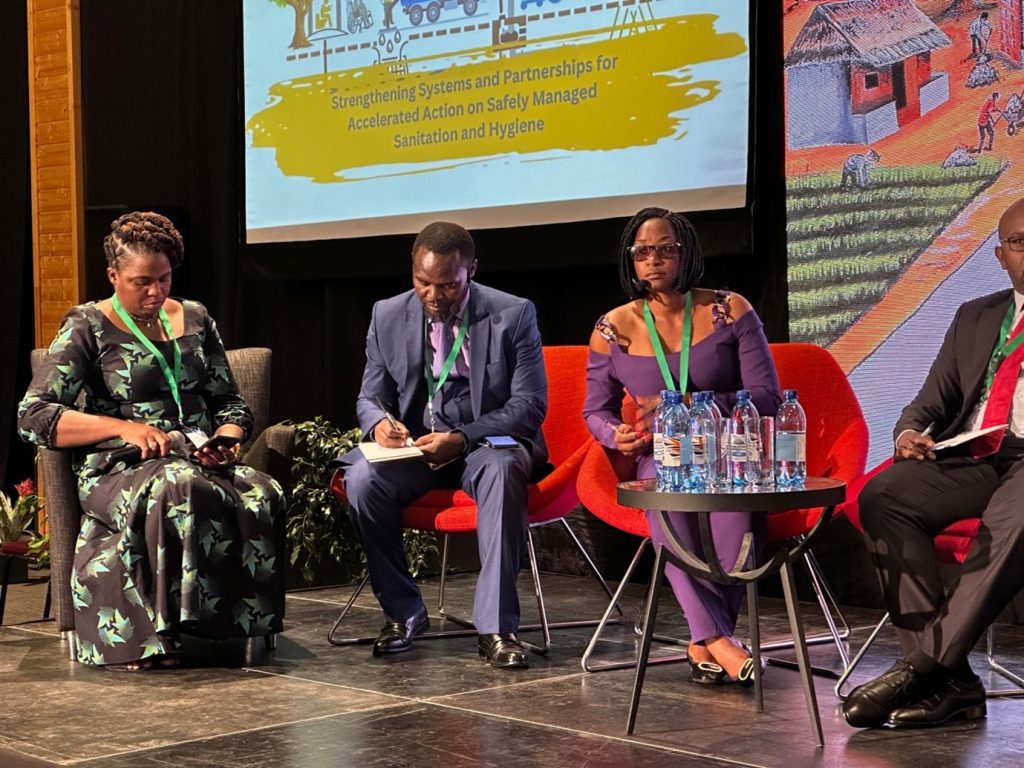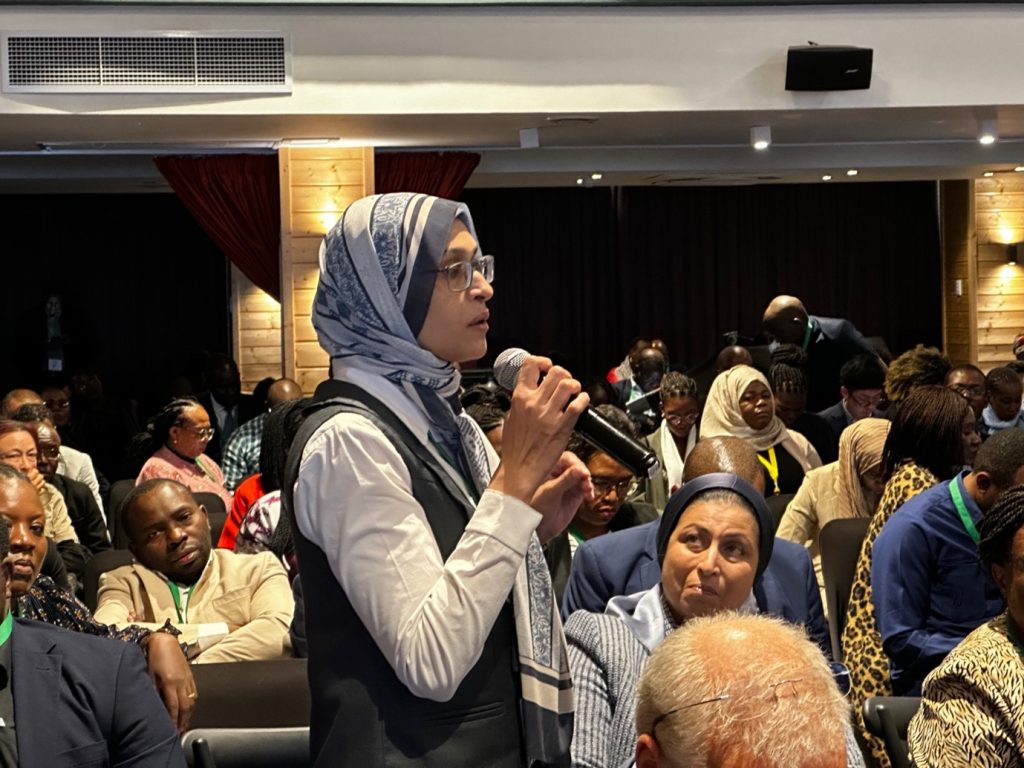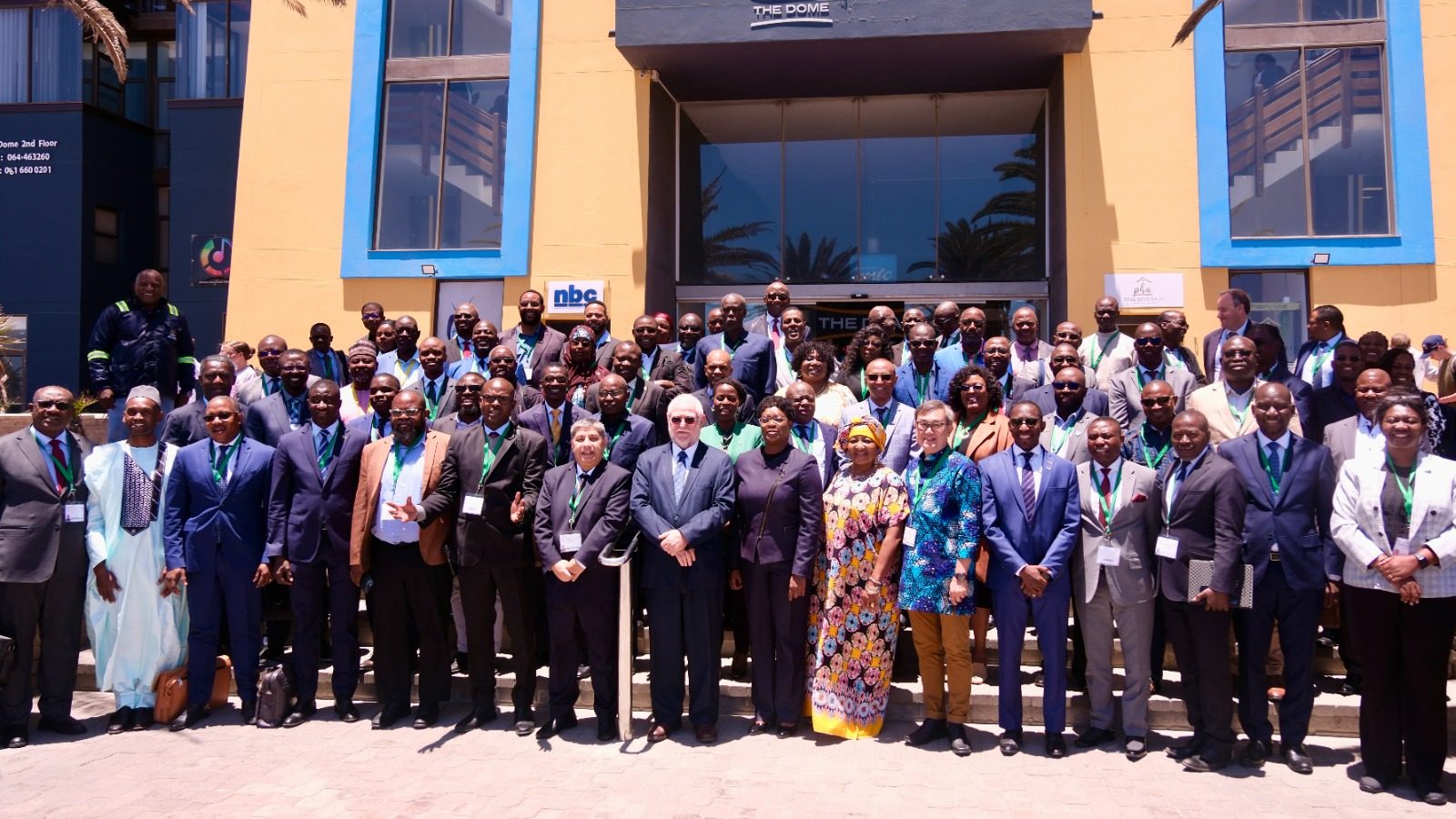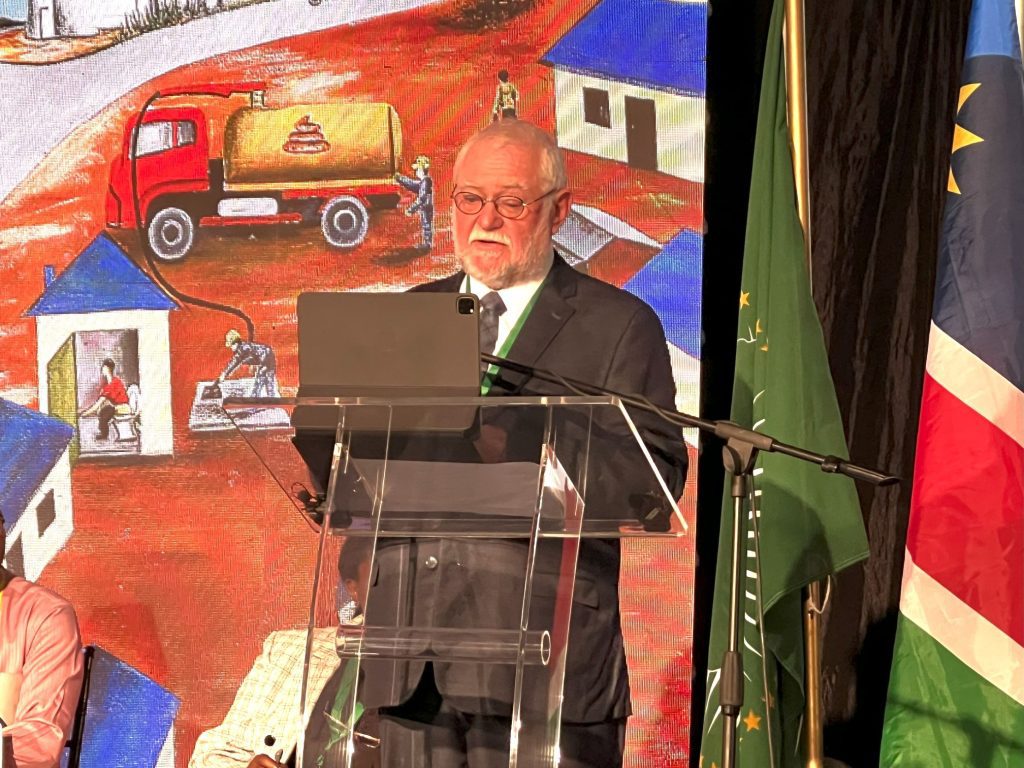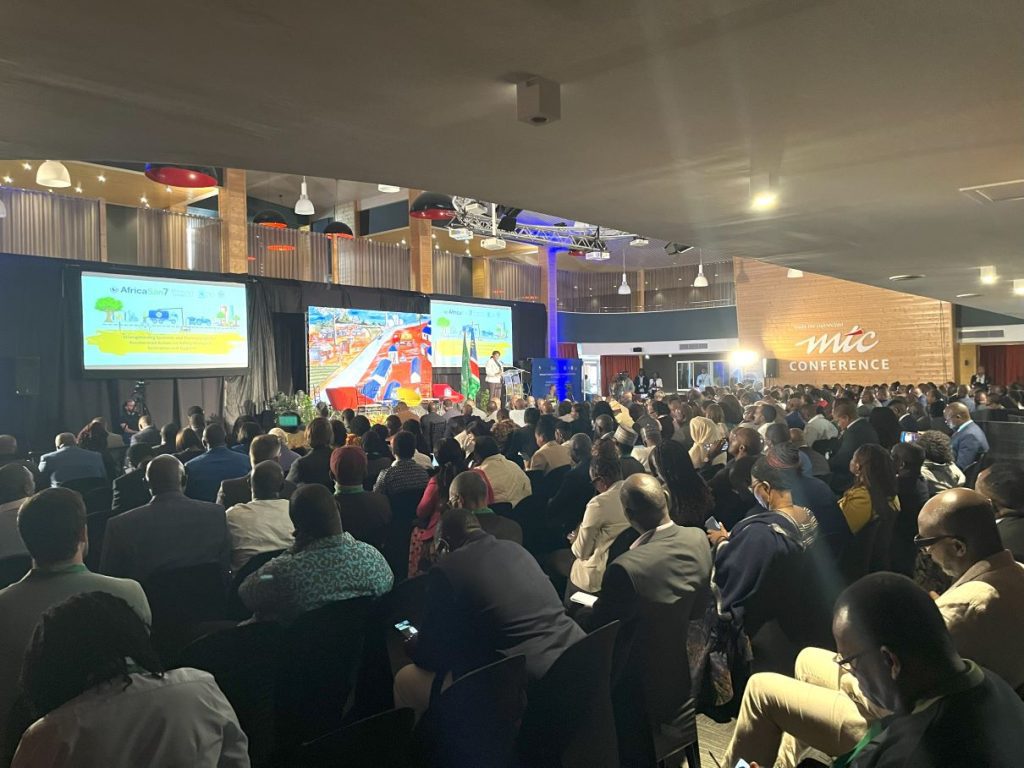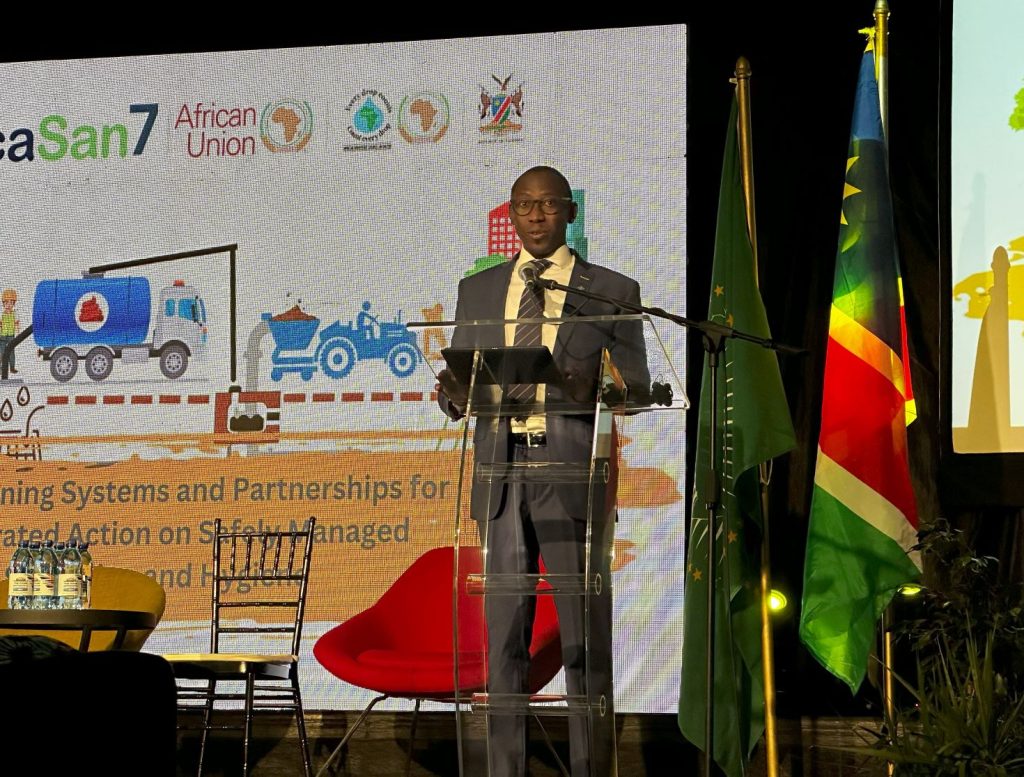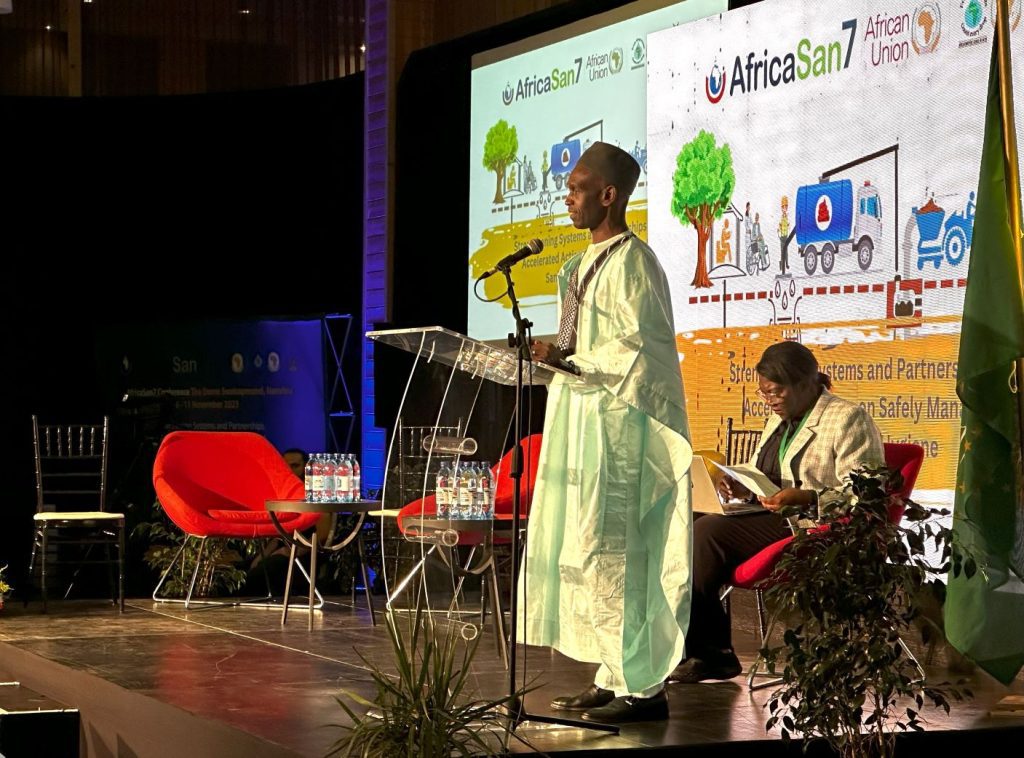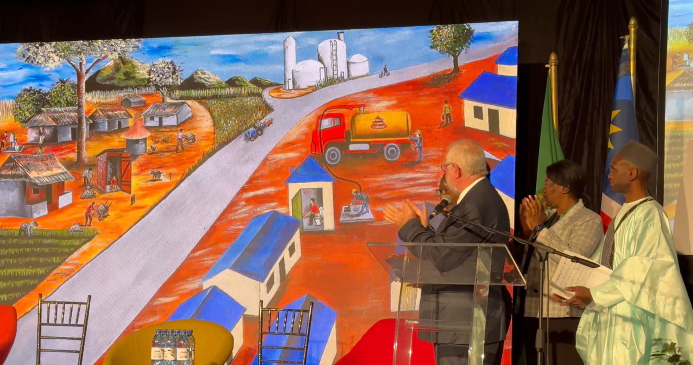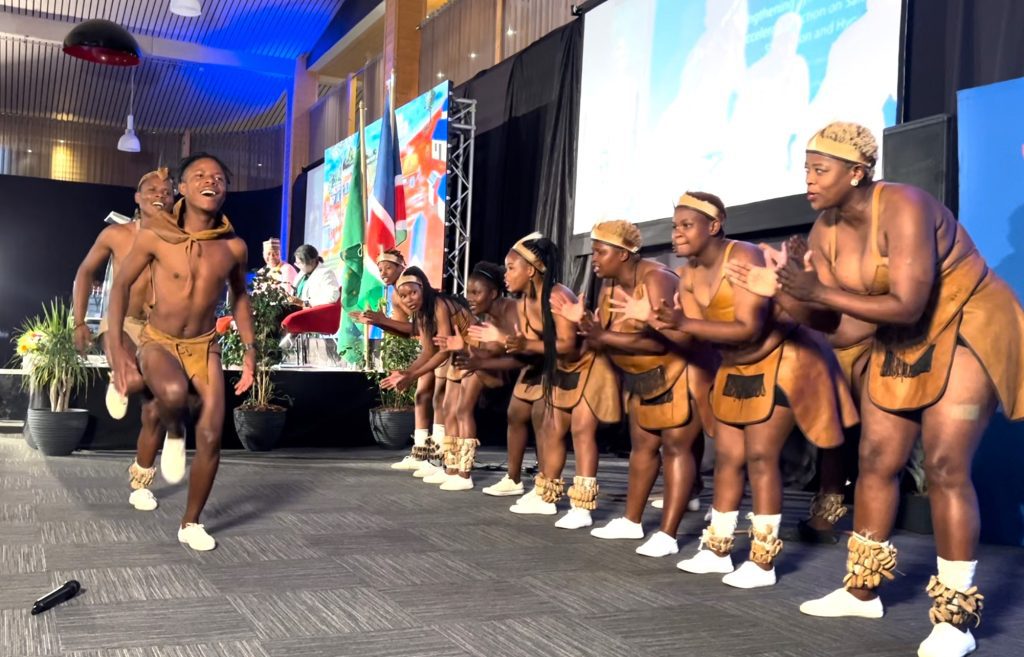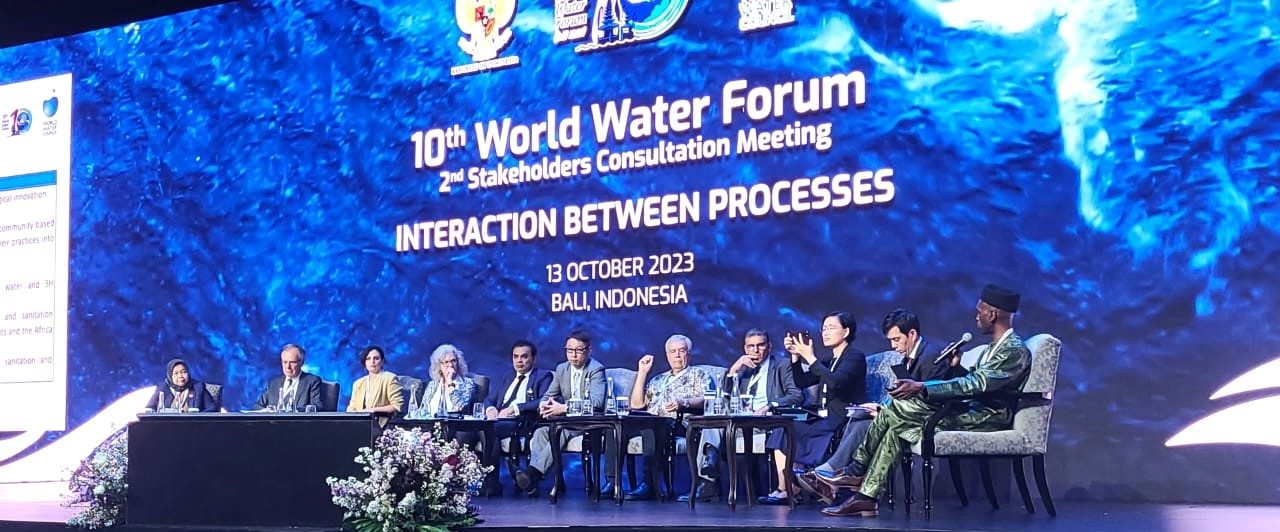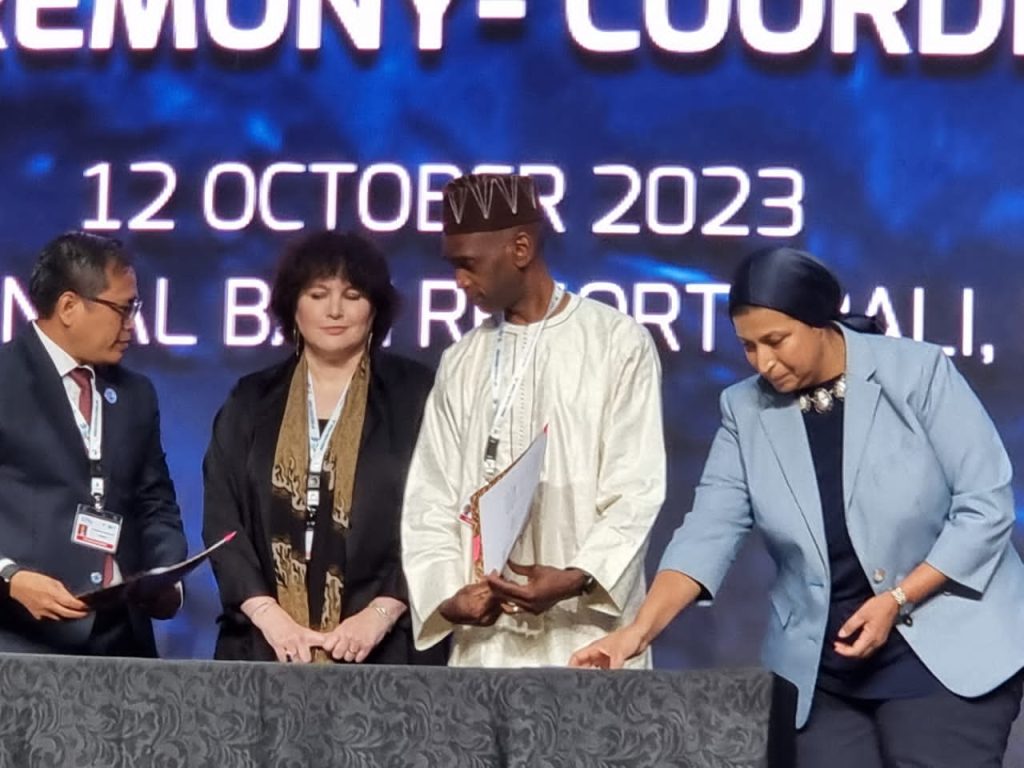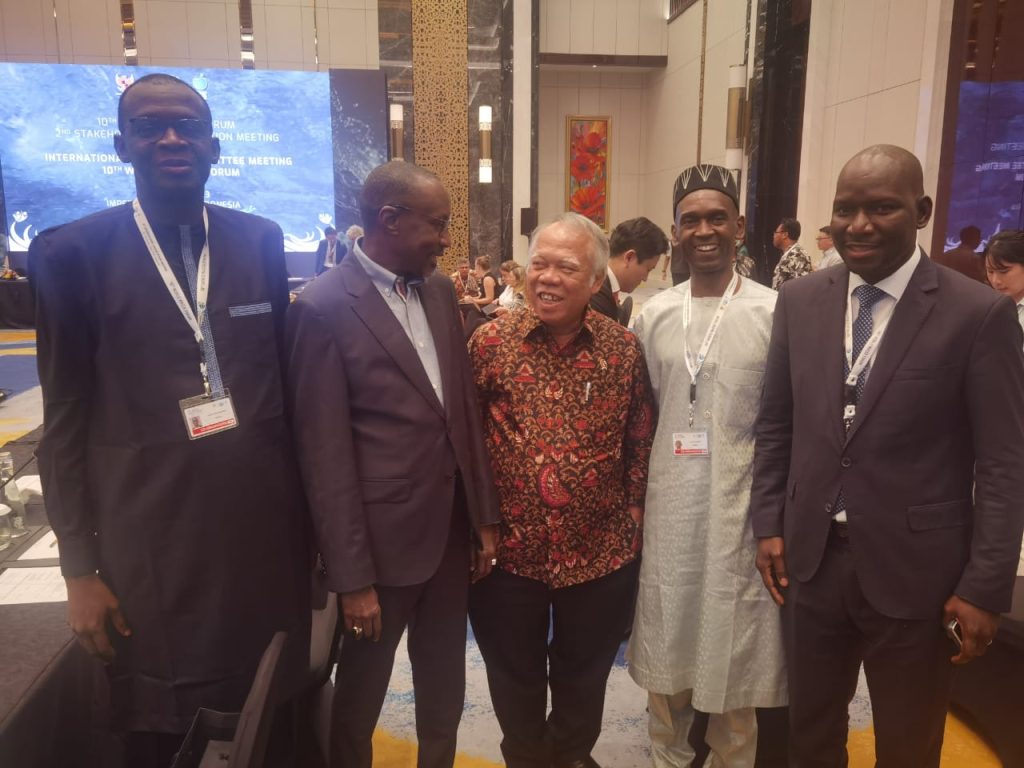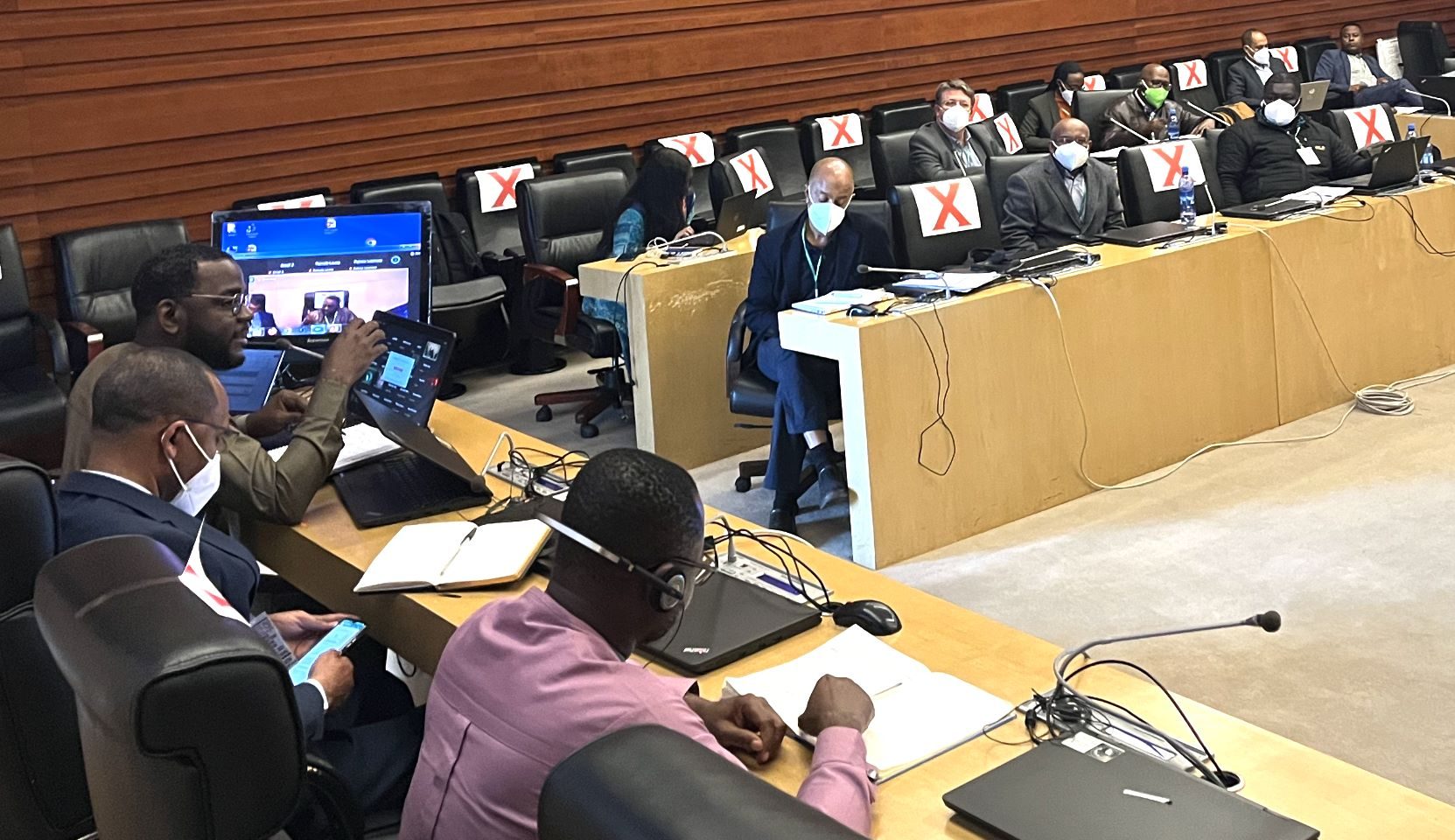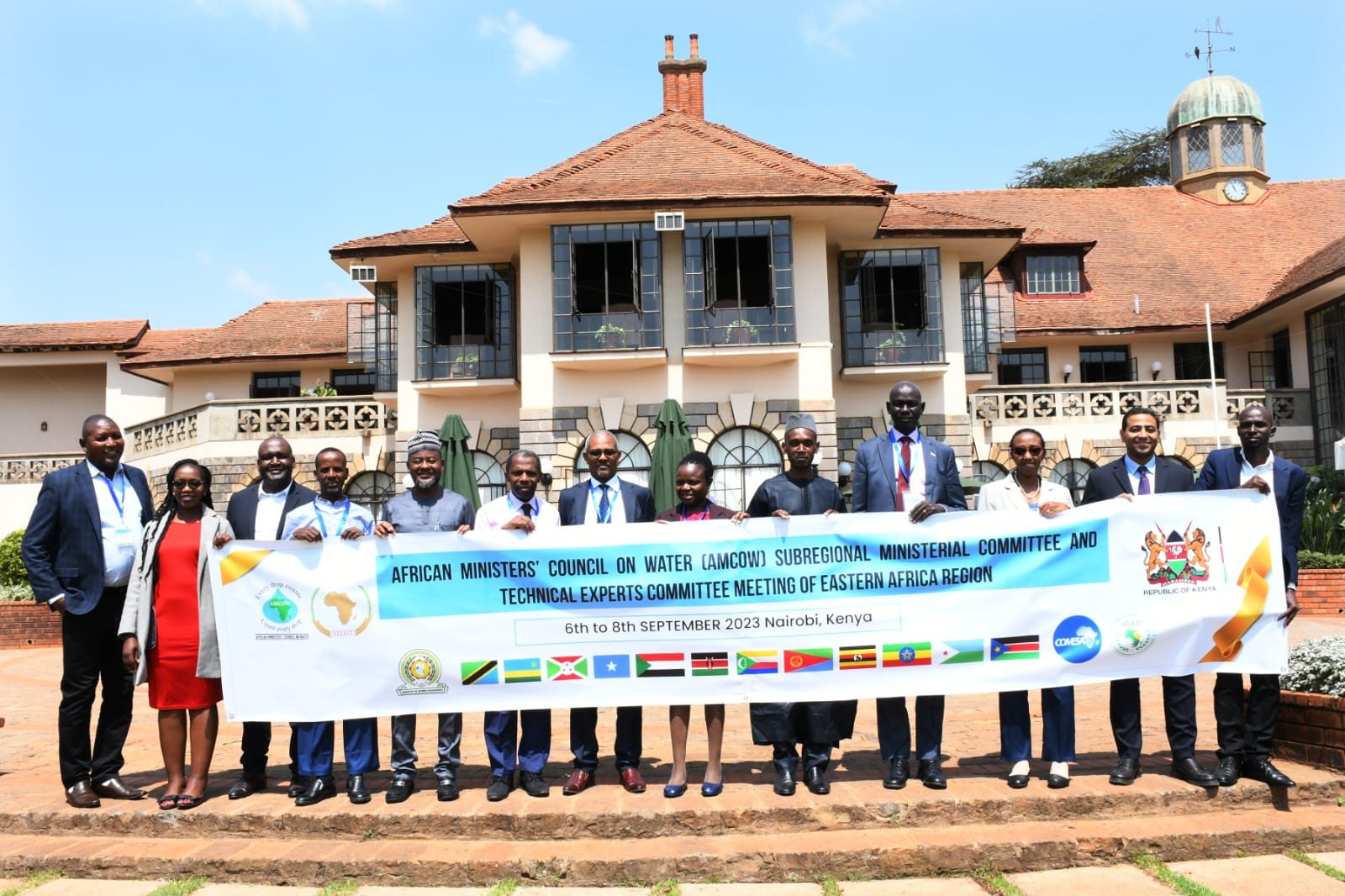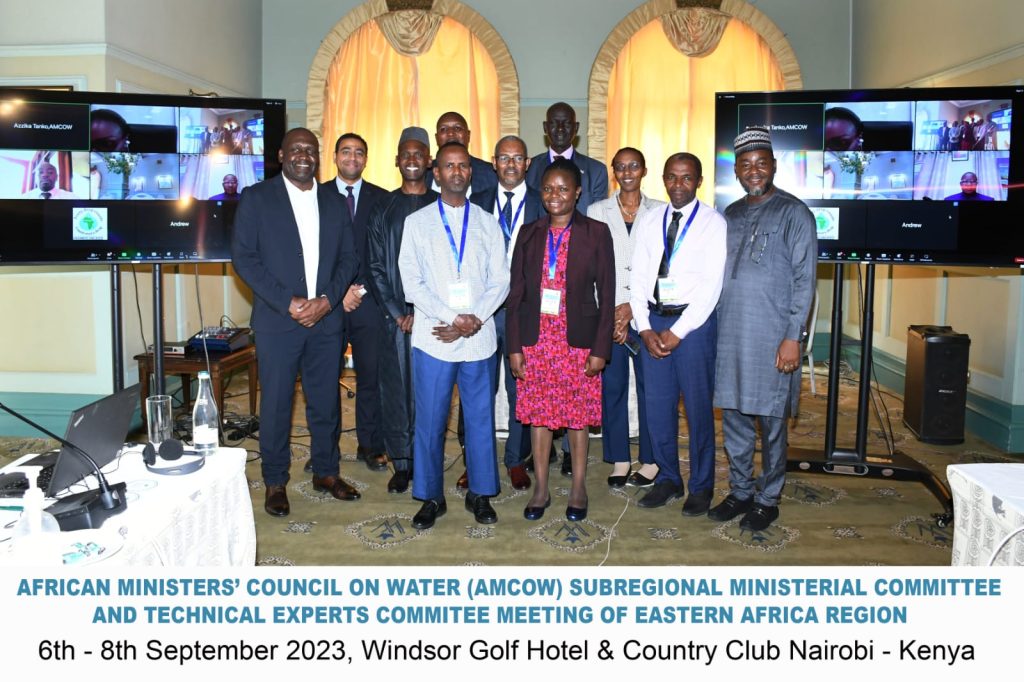AMCOW advocates for Climate Action at a Post-COP28 Stakeholders Dialogue – Abuja, Nigeria
On Wednesday, 17 January 2024, the African Ministers’ Council on Water (AMCOW) advocated for climate action in a post-COP28 multistakeholder national dialogue organised by the Climate and Sustainable Development Network (CSDevNet).
The event, aimed at addressing climate change challenges, was held in Abuja, Nigeria, under the auspices of the Ministry of Water Resources and Sanitation. The consultation gathered vital stakeholders, including government officials, parliamentarians, and representatives of development partners.
AMCOW’s Executive Secretary, Dr. Rashid Mbaziira, was represented by Dr. Tanko Azzika, Senior Policy Officer-Governance and Partnership. Azzika delivered a goodwill message, expressing warm greetings and Happy New Year 2024 on behalf of Dr. Mbaziira. While unable to attend in person due to conflicting schedules, Dr. Mbaziira conveyed his sincere apologies and eagerness to contribute to the dialogue.
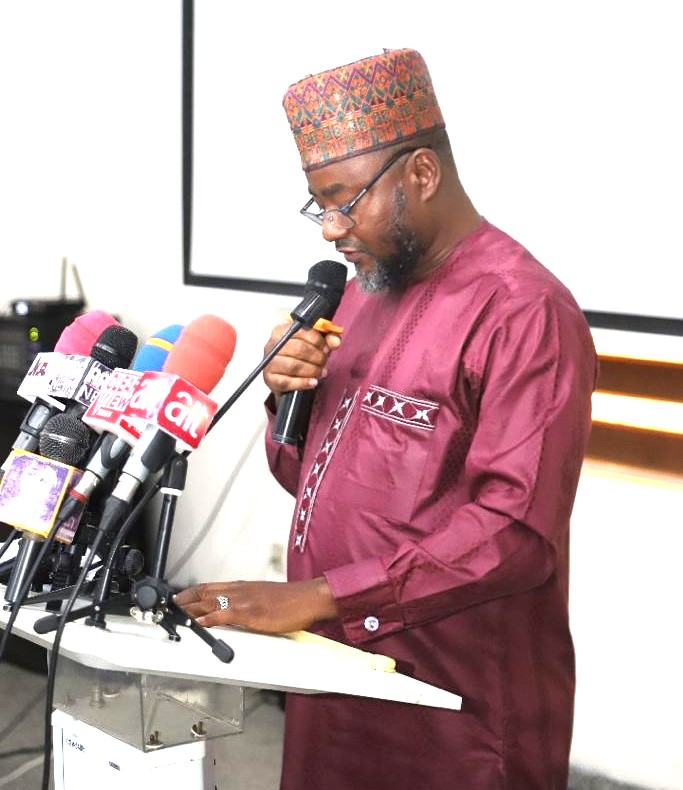

The dialogue focused on “Unpacking COP28 Outcome: Accelerating Nigeria’s Climate Action,” Azzika commended the organisers, the Climate and Sustainable Development Network and the Pan Africa Climate Justice Alliance (PACJA), for their efforts. He underscored the relevance of the discussion, considering the current climate challenges facing the continent.
In his opening remark, the Chairman of the Board of Trustees at CSDevNet, Prof. Ibrahim Choji, applauded the bold global decision to move away from fossil fuels. He observed its threats to livelihoods, ecosystems, and the essence of existence. However, the Chairman assured participants that COP28 presents an opportunity for better aspirations.
Azzika emphasised the essential role of water, sanitation, and hygiene as catalysts and solutions to climate change. He highlighted AMCOW’s mission of providing political leadership, policy direction and advocacy for sustainable water resource management in Africa. He stressed that the 2018-2030 Strategy of AMCOW prioritises water security, sanitation, water governance, and climate resilience as critical elements for sustainable development.
Drawing attention to the 2023 Report on Implementing the Sharm el-Sheikh Declaration, Azzika noted that climate change has hampered progress towards water and sanitation goals. He highlighted the urgent need to revitalise efforts to combat climate change, aligning with the African Union Agenda 2063.
African Union’s Senior Climate Change Advisor, Dr Sam Ogallah, stressed that Africa holds the key to resolving the global climate crisis – while demonstrating the continent’s possession of more than half the world’s essential minerals. “If we transition to renewables, electric vehicles, and other initiatives, where do you propose we obtain the essential minerals? They lie beneath our soil,” he said.
A key theme of the dialogue was the need for partnership, networking, and collaboration to address water-related challenges arising from climate change. Azzika called upon the government to prioritise climate-resilient financing, especially for vulnerable populations impacted by climate change.
Furthermore, Azzika called on stakeholders to support the Nigerian Government in utilising the African Sanitation Policy Guidelines (ASPGs) to enhance progress in achieving safely managed sanitation and hygiene.
The dialogue also addressed the importance of strengthening national-level data systems. AMCOW is operationalising the Africa Water and Sanitation sector reporting system (WASSMO) to address data quality challenges and meet reporting obligations at continental and global levels. Dr Azzika challenged participants to bring innovative and sustainable approaches to the table, urging the institutionalisation of the dialogue as an annual event. AMCOW looks forward to an action-oriented outcome document that will further accelerate climate action on both continental and global fronts.
